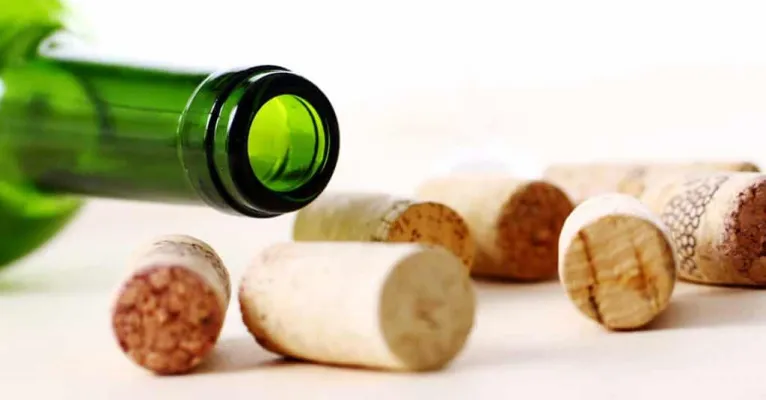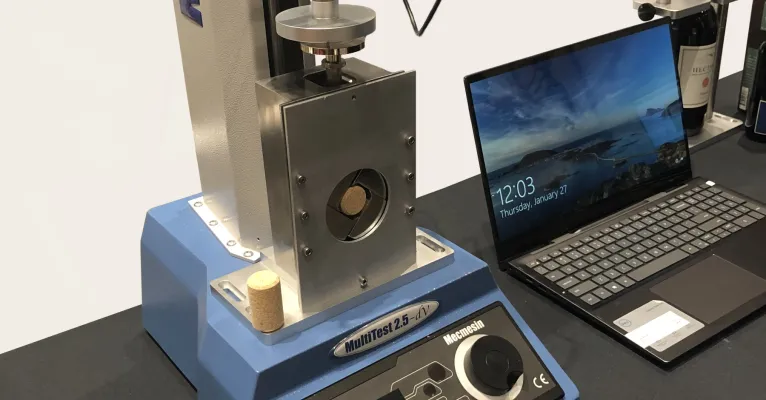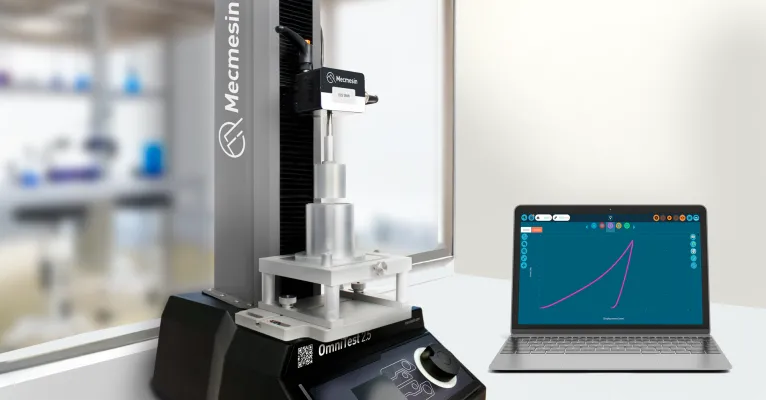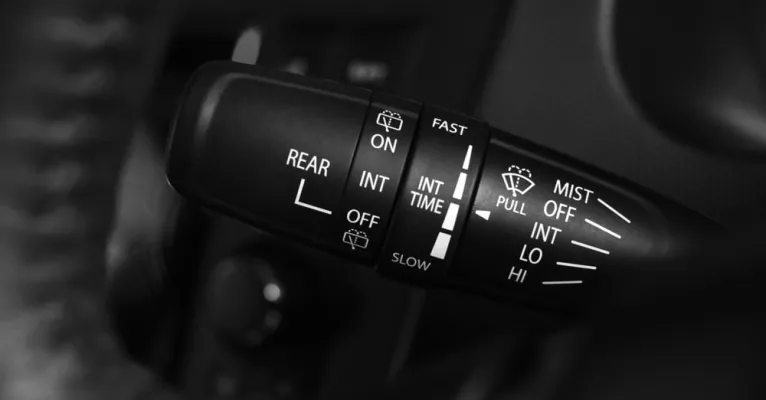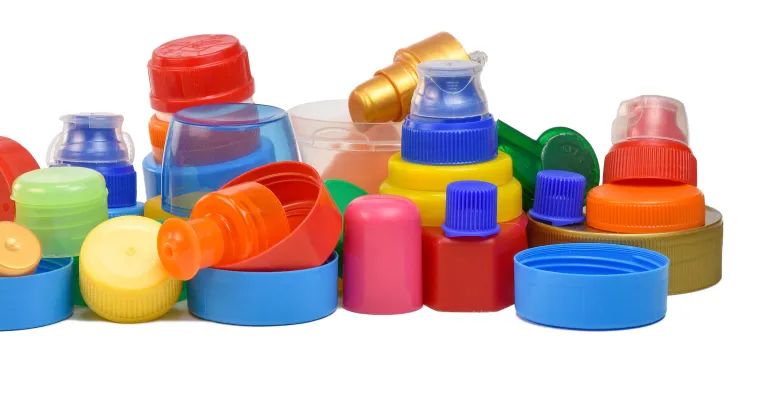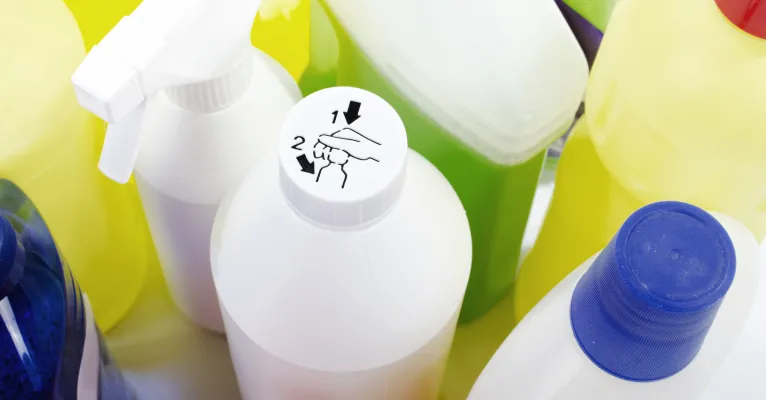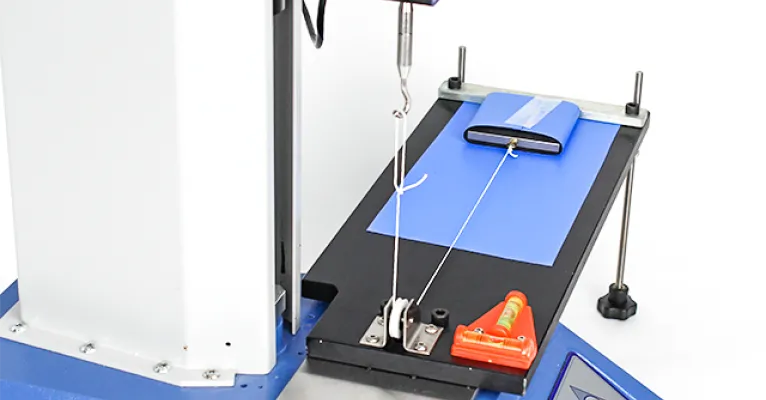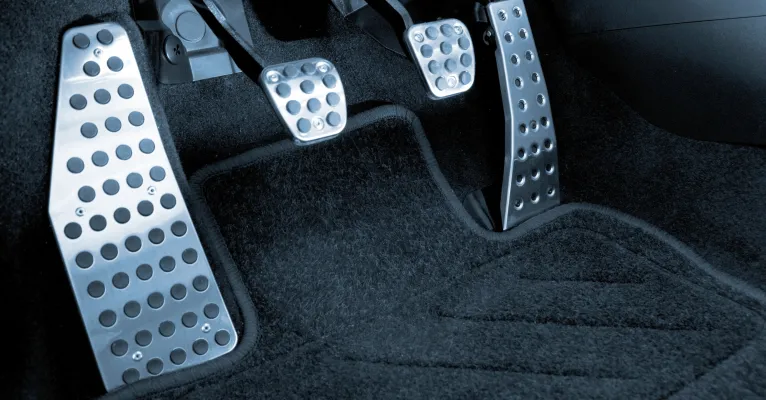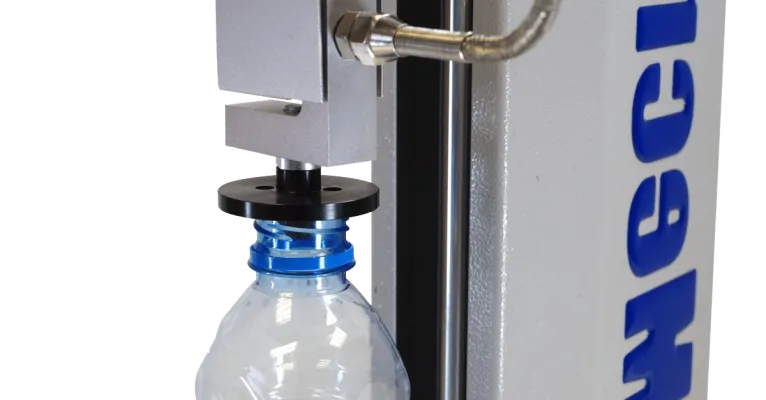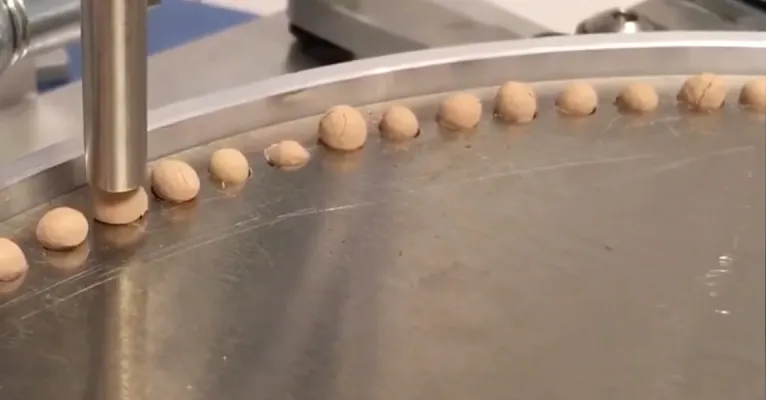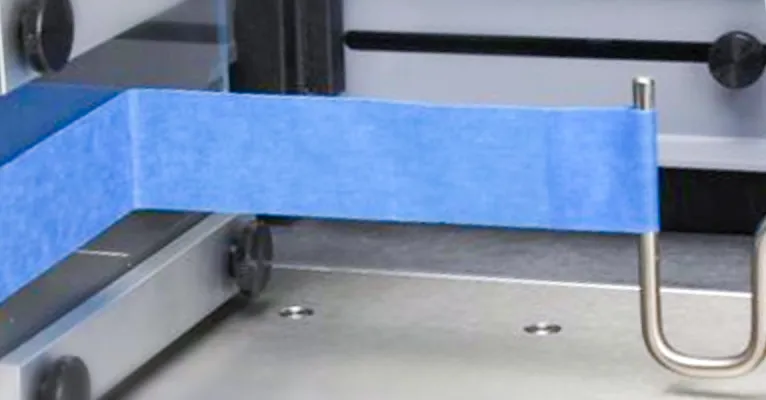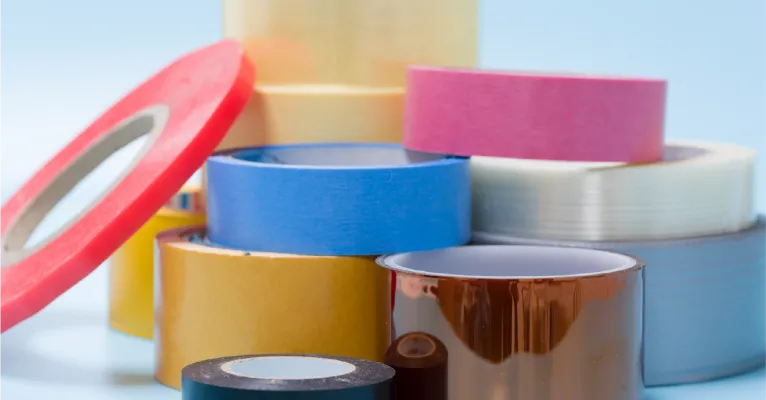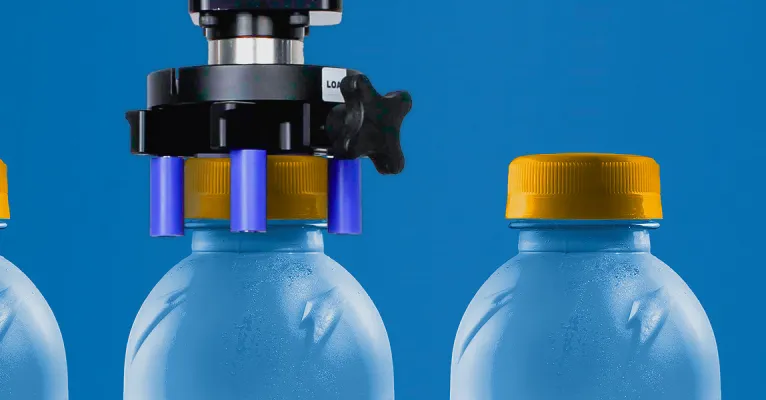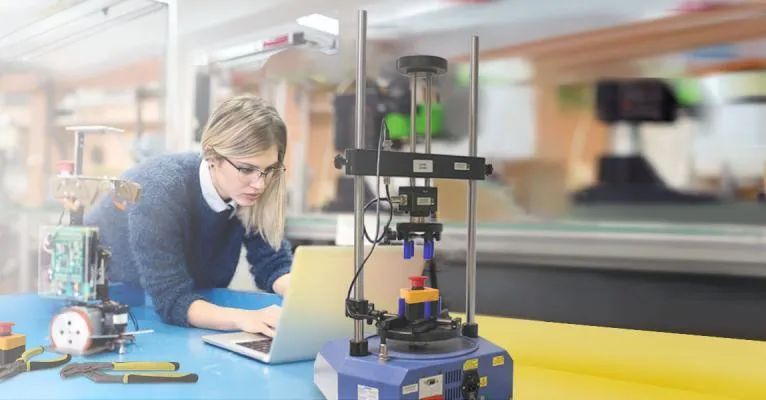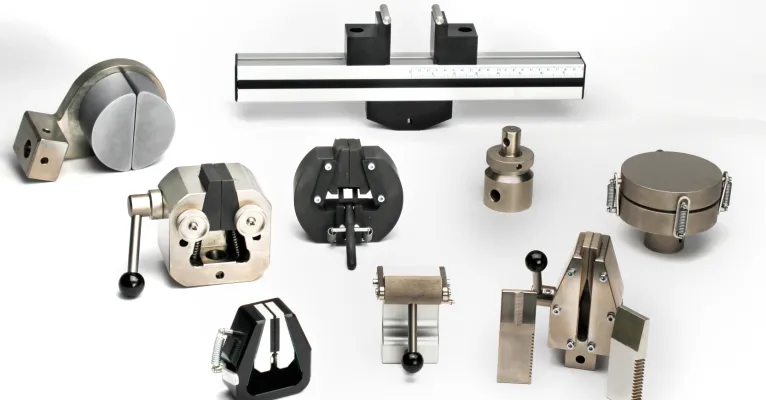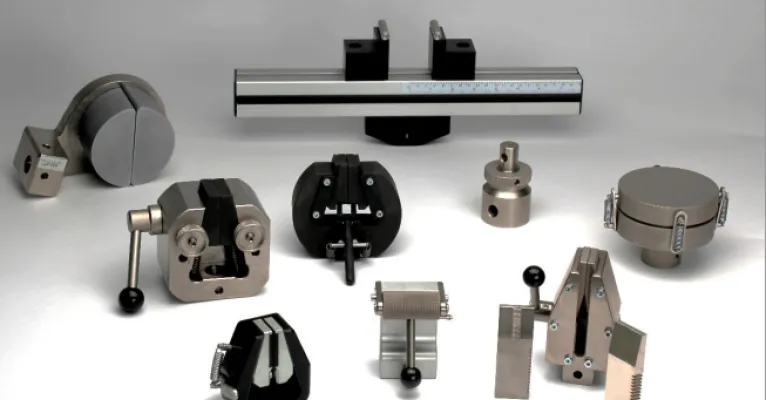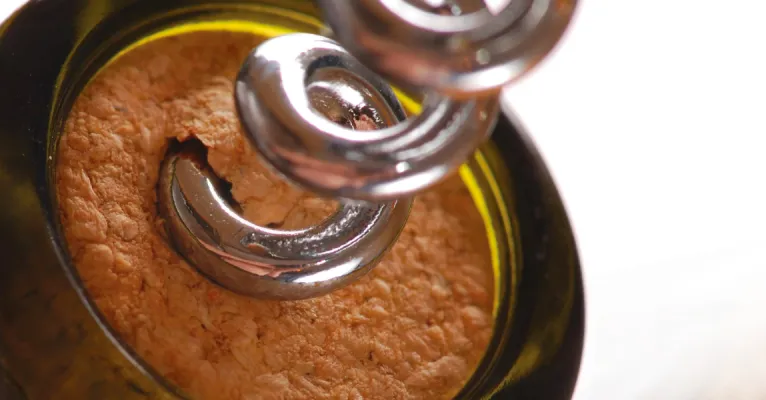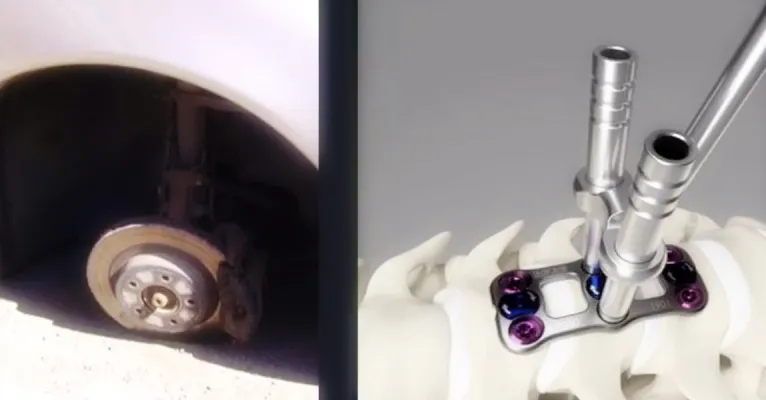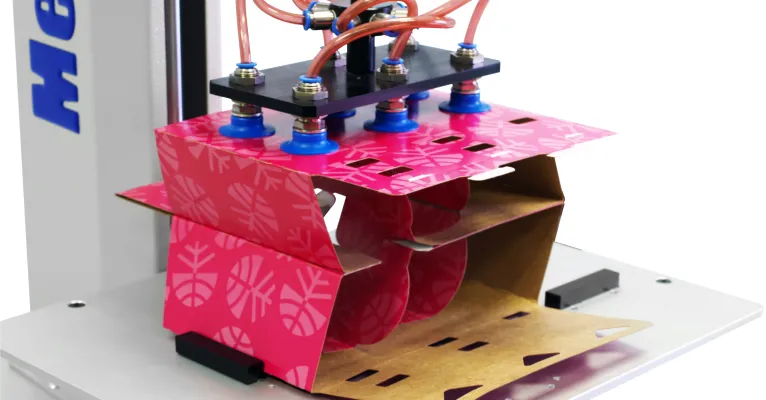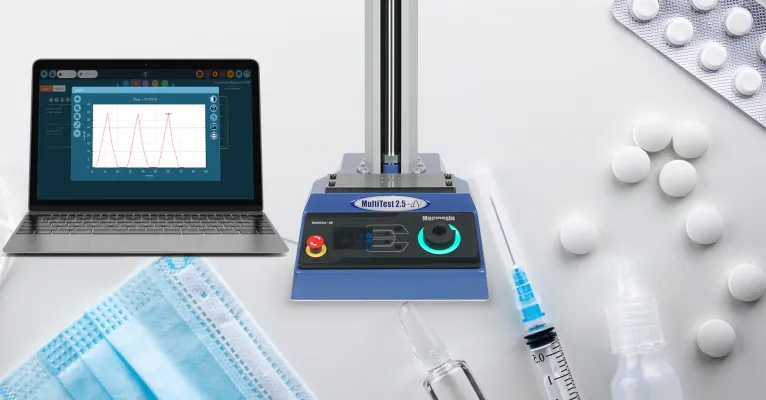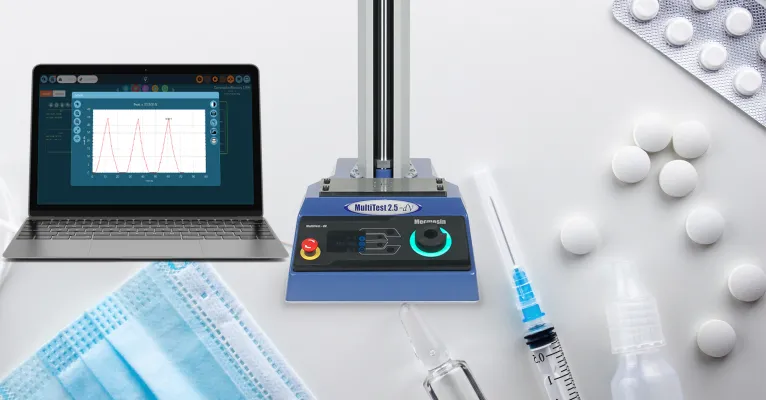Ever snap a cork when trying to extract it from a wine bottle? It’s a frustrating feeling that could leave cork pieces in the bottle, lead to wine spoiling and possibly harm the winery’s brand image.
Cork stoppers are extremely successful wine bottle closures that have been in use from ancient times. They execute several important functions, and Cork Pull and Cork Elasticity testing helps ensure an adequate seal during filling, transportation and storage. They are critical in maintaining the quality and reasonable access to the wine until it’s ready to consume, which could be years!
In this webinar, we will first discuss Cork Pull testing, how to set-up a test and then calculate removal strength or extraction force, as well as provide a clearer understanding of the ISO 9727-5 Test Standard. We will then discuss Cork Elasticity testing and talk about the test method for determining the percentage of diameter recovery of cylindrical cork stoppers, after compression (as specified in ISO 9727-4).
What we’ll discuss:
- General overview of cork pull and cork elasticity testing
- Applicable industry standards
- Establishing internal Pass/Fail criteria (the Goldilocks Rule)
- Setting up a typical cork pull test & measure removal strength
- Setting up & measuring cork elasticity; Calculating the percentage diameter recovery of cork
- Interpreting test data to determine product conformance and process control
Who should attend?
- Packaging and bottling operators, technicians, and experts in wine & spirits
- Cork stopper producers
Presenter: Moses Da Rocha
